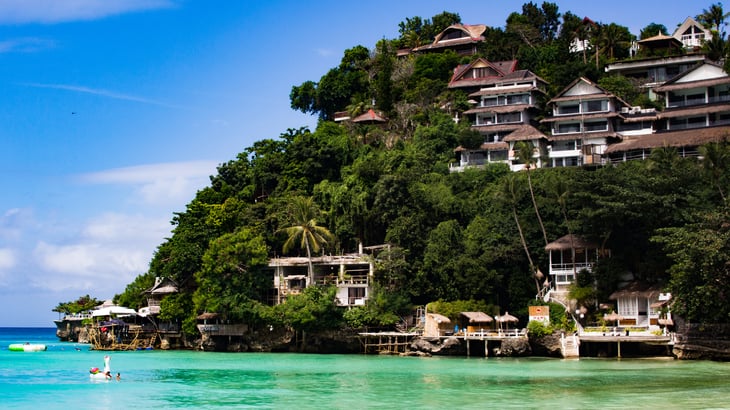
Editor's Note: This story originally appeared on Live and Invest Overseas.
The world is alive with opportunity.
Specifically, in the context of the conversation we carry on in these dispatches, the world is alive with opportunity for an interesting, rich, full, adventure-filled, and sometimes very affordable retirement in a place that is welcoming, beautiful, friendly, and engaging.
That’s our starting point.
The way of looking at the world that, with the help of hundreds of far-flung correspondents, colleagues, expats, and experts across the globe, I work to share with you.
Of course, in truth, retiring overseas isn’t for everyone.
Who Should Live Overseas?

To make a success of this, you need:
- An open mind
- A spirit of adventure
- A good sense of humor
I’d say that, because you’re reading this right now, you likely boast those attributes and are, indeed, a good candidate for making a success of the kind of move you must be considering … precisely because you’re considering it.
You are looking for something new, something better, something bigger, something different, something other. One question to be asking yourself as you’re reading along is … how different?
How outside your comfort zone are you interested in going? More on this in a minute.
Can You Afford To Retire Overseas?

Another critical starting-point question, of course, is to do with budgets. How much does it cost to retire overseas, and can you actually afford to follow through on the dream life you’re imagining?
The short answer to that question is: Yes. You can afford to retire overseas. Even on a very, very modest budget.
The specific answer, though (to state the obvious), is that it depends on the size of your nest egg … and where in the world you’re considering spending it.
The question isn’t really how much does it cost to retire overseas. The question is how much money do you have to retire.
Once you know the size of your retirement nest egg, then you can figure out where that nest egg will buy you the retirement you want.
Though I’d suggest that’s not the way to approach this … at least that’s not the way to begin to approach this. That’s backwards.
Think of Your Ideal Retirement Lifestyle

Most importantly, start by thinking through the life you want.
Imagine your ideal lifestyle. Then look at the numbers in that context. Where will the budget you’ve got buy you the lifestyle you’re looking for?
In these dispatches, I give a lot of virtual ink to Latin America.
That’s because it’s nearby to North America (where most of our readers currently reside) and because it can be cheap and sunny (two things most would-be expats and retirees abroad actively seek).
But there’s a world beyond these Americas that can also offer good weather and a low cost of living … plus, in some cases, some things you won’t find here.
Asia
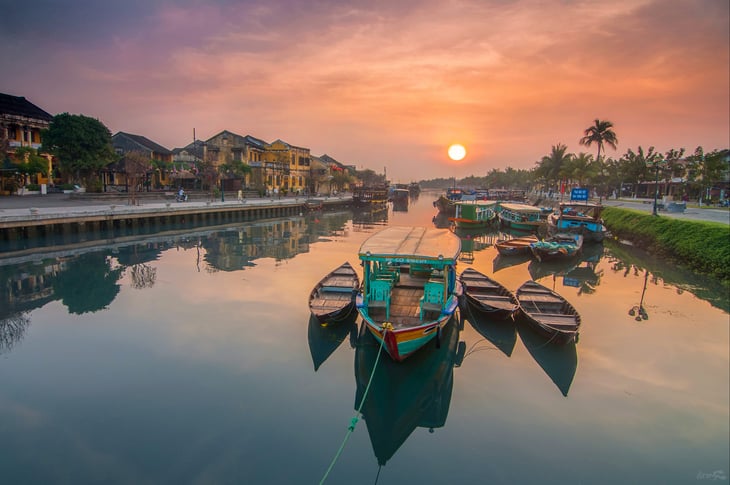
Asia boasts a number of the most cost-friendly places anywhere to call home right now. Pockets of Thailand, Vietnam, Malaysia, Indonesia, and the Philippines, for example, can be absurdly cheap.
Living on this side of the planet, you’d also have access to some of the world’s most beautiful beaches. In short, your life would be full of the exotic, the unexpected, and the adventuresome.
That is to say, the culture shock would be significant. For some, this reality is thrilling and invigorating … for others, intimidating, even terrifying.
Used to be that foreign retirees in Asia didn’t legalize their status.
Historically — in some cases because it seemed easier and in others because formal residency programs weren’t an option — expats in this part of the world have relied on the “border run” approach.
They’d leave the country where they were living briefly, then return with a renewed tourist visa.
Considerations for Retiring in Asia
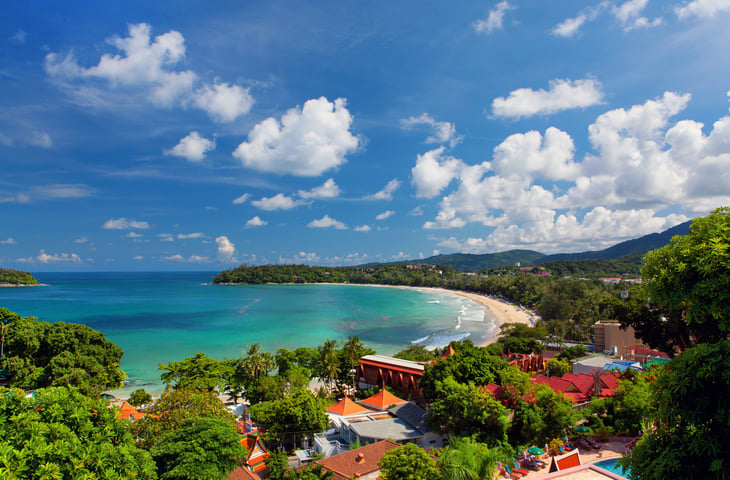
However, today, more and more countries in the region are cracking down on the practice (which, in fact, can be as or more expensive than obtaining legal residency). And more formal legal residency options are available.
Meaning the border-run lifestyle is no longer necessary in Asia. Still there’s the practical downside of geography.
Thailand, Malaysia, Vietnam, Indonesia, etc., are literally on the other side of the world. You’re not going to be hopping back and forth between your new home in Asia and your old one in North America for grandchildren’s birthdays, for example.
That’s why it can make sense to approach Asia not as a full-time choice but, instead, to create a retire-overseas plan that allows you to enjoy the benefits of Asia (super cheap and super exotic) part-time.
How about a couple months in Da Nang, Vietnam, or Chiang Rai, Thailand, where your retirement budget would stretch far indeed, followed by a few months in the south of France, say, or Tuscany?
Retire Overseas: Europe

Which brings us to Europe. Most would-be retirees abroad dismiss Europe as too expensive, but, as we work hard to show you, this isn’t necessarily the case.
Sure, a retiree on a modest budget probably can’t afford Paris or Florence, but have you considered southwestern France, where life is quintessentially French but, as well, surprisingly affordable, or Pisa, Italy, about an hour from Michelangelo’s hometown and dramatically less costly?
One of the big advantages of Europe, compared with other regional retire-overseas options, is the opportunity it affords for what might be referred to as “high culture.”
Every country in the world has culture, no question … but not everywhere has world-class museums, opera, and live theater, for example.
If you’re interested in a life that includes cultural offerings of that variety, you should be looking to the Continent.
Which is not to say it’s impossible to enjoy an old-world Continental lifestyle anywhere else.
Retirement in the Americas

Some cities in South America offer a fair imitation — Buenos Aires, for example, and Medellín, Colombia, to name two. Both are cities of open-air cafes, classic-style museums and theaters, art galleries, and antique shops.
And both, you’ll note, are in South America, not Central America. The differences between these two regions, even between Panama and Colombia, next-door neighbors, can be striking.
I’m speaking generally and could name exceptions to every point, but, again, generally speaking, South America offers what I’d call more polished options, a good place to look if what you want is culture on the cheap.
Considerations for the Americas
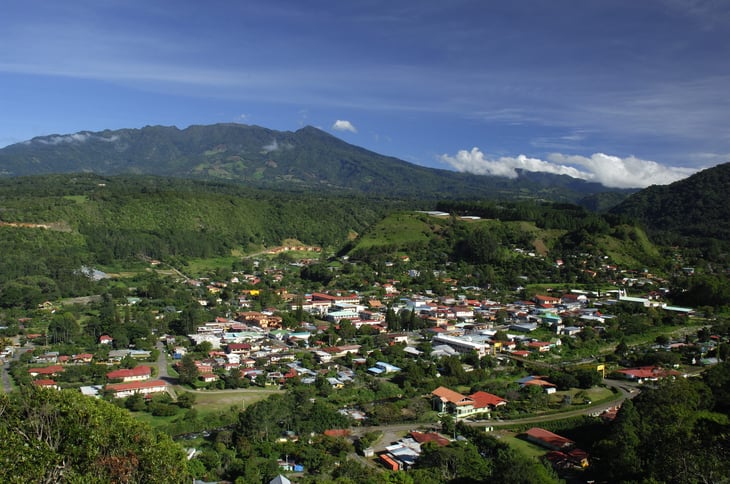
By contrast, Central America is, everywhere, rough around the edges. These are small, developing countries with non-existent budgets for things like art museums.
Making for a way of life that is, for some, charming. Romantics (like me) in Central America focus on the potential for what could be rather than the reality of what sometimes is.
Others find Central America frustrating, disappointing, even appalling.
On the other hand, this sun-blessed region can be but a quick plane hop away and a user-friendly place to establish foreign residency.
Pluses and minuses … give and take.
Here’s how I’d shorthand the pros and cons of your big-picture options for where to think about reinventing your life and chasing adventure overseas.
The Americas: Pros and Cons
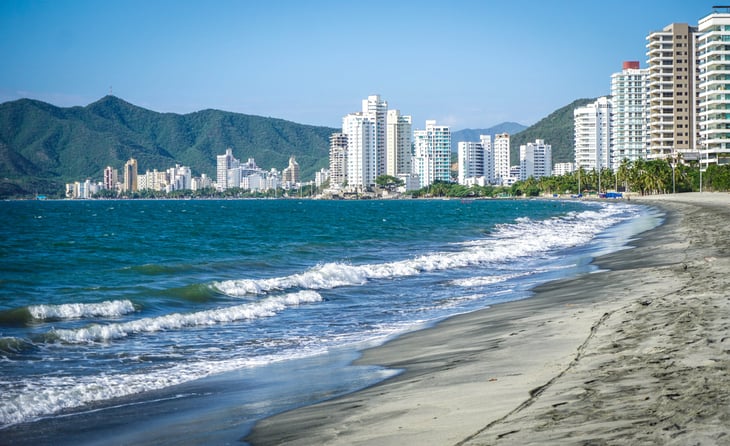
Pros:
- Accessible
- Affordable
- Great weather
- Lack of regulation
Cons:
- Unreliable infrastructure
- Mañana mentality (“it can wait until tomorrow”)
- Lack of regulation
Europe: Pros and Cons

Pros:
- Developed infrastructure
- Culture
- World’s best health care
- Overall quality of life
Cons:
- Language
- Cost of living
- Weather and length of day
- Bureaucracy
Asia: Pros and Cons

Pros:
- Cost of living
- Beautiful beaches
- Exotic lifestyle
Cons:
- Distance from North America
- Language
- Exotic lifestyle





Add a Comment
Our Policy: We welcome relevant and respectful comments in order to foster healthy and informative discussions. All other comments may be removed. Comments with links are automatically held for moderation.